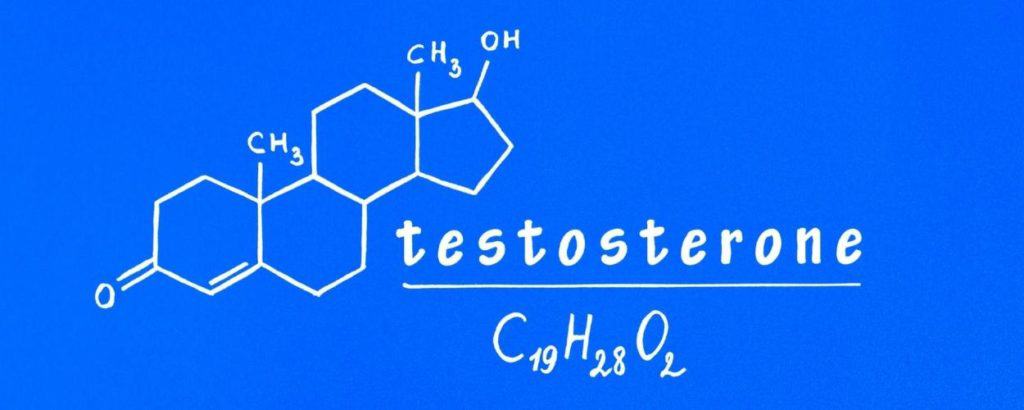We now hope you are paying attention. Injectable testosterone cypionate is the most effective and popular form of testosterone available today. Because your body absorbs testosterone poorly, topical or oral testosterone replacement is not effective. The only option available was the injection of testosterone citrate. This testosterone replacement was previously administered via injection into the muscle, primarily the gluteus muscle. A healthcare worker should administer intragluteal injections at least twice per week. This requirement can be a serious hindrance to your social life. Men who have testosterone injections will gushe about it and rave about it. Their lives revolve around getting their shots.
The final decision is yours. Ask for a discussion about the options available and whether your particular practice uses them.
Testosterone Pellet Therapy (or Testosterone Pellet Therapy) is a new and revolutionary treatment that can be used to treat a wide range of conditions, both in men and women. The therapy involves inserting small, rice-sized pellets that contain a hormone called testosterone into the body's tissues. The pellets are made of biocompatible material that slowly releases the hormone over several months. The slow release allows for a steady testosterone level, which makes it a great choice for people with low testosterone. Testosterone Pellet Therapy is also able to treat many conditions such as hypogonadism and male infertility. This therapy results in patients feeling more energetic, with a higher level of muscle mass, improved libido and a greater sense of well-being. This therapy is safe and quick, making it a good option for anyone looking to improve their quality of life.





